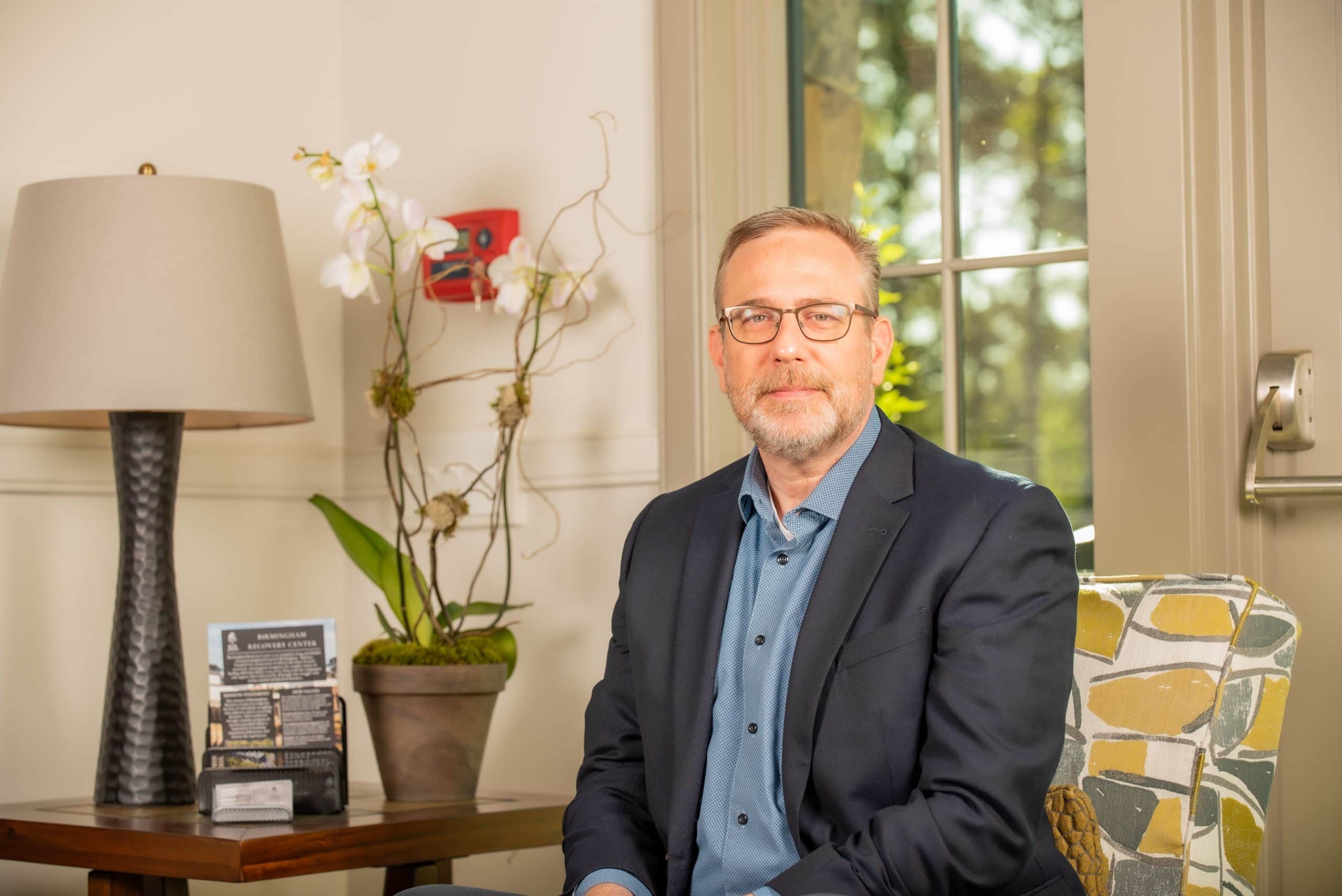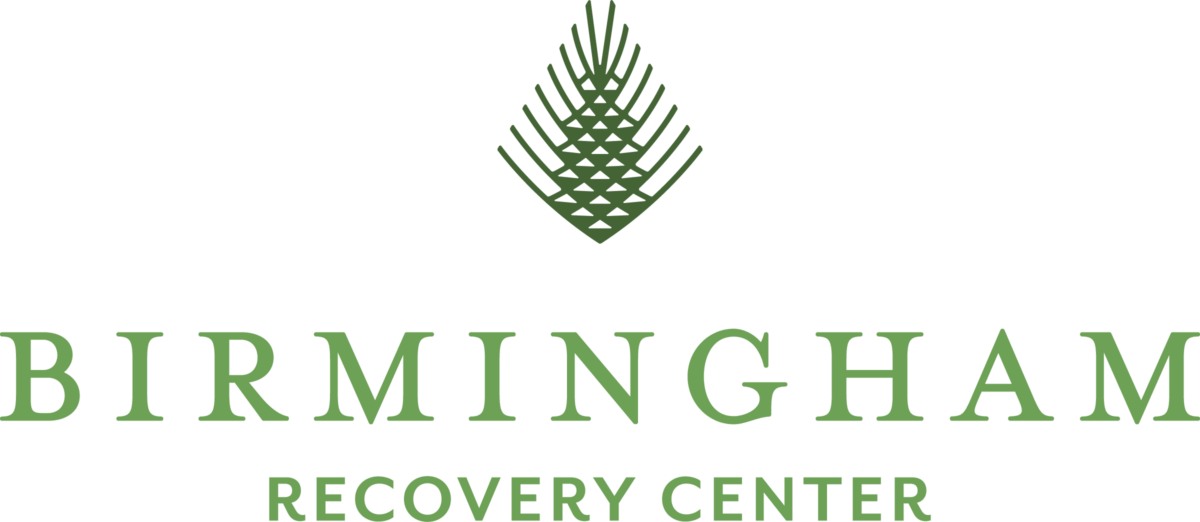It is not that uncommon to see a family with several members addicted to drugs or alcohol. In fact, it is more in the lines of the norm than not. Grown men and women with drug or alcohol addiction go on to have children who then become predisposed to developing an addiction later in life. As generations continue to be birthed, this cycle can continue unless someone in the line dedicates themselves to breaking the cycle of addiction once and for all.
How Do Genetics Play a Role in Addiction?
So, why is it that addiction seems to flow so easily through families? Studies show that nearly half of one’s predisposition to develop an addiction is due to genetics. Genes are passed down through reproduction and can make individuals more vulnerable to abusing drugs or alcohol in the future. For example, researchers have determined that one of the primary causes for drug and alcohol addiction is linked to dopamine levels and functioning in the brain. Those with lower levels of dopamine, a neurotransmitter that produces feelings of pleasure and reward, are more apt to look for external things to give them that sense of reward and pleasure, including drugs and alcohol. These substances work to get the dopamine in the brain moving at the appropriate levels and typically higher. The more that drugs and alcohol are abused, the more the brain is wired to want these substances in order to produce dopamine. These genes are one of the reasons why breaking the cycle of addiction in a family can be so difficult.
The Connection Between Trauma and Addiction
While genetics might be the triggering cause for addiction in some members of a family, others may find that they are triggered to use as a result of the environment they were raised in by those who were using. Not everyone who has a family history of drug abuse and addiction is going to inherit the genes needed to predispose them to this disease. They can, however, be exposed to an unhealthy, traumatic environment by those who used to use and who continue to use.
Anytime substance abuse is occurring or when an individual in a position of authority or power (such as a parent) continues to behave in ways consistent with addiction, those around them can become deeply affected. Studies show that children growing up in homes where at least one parent is addicted to drugs or alcohol are more likely to experience one or more traumatic events, including but not limited to, the following:
- Physical or sexual abuse
- Emotional or verbal abuse
- Domestic violence
- Abandonment
- Neglect
On top of these and other traumatic events is the simple fact that children usually model what they are shown by their parents. Therefore, if their parents cope with long days at work by drinking excessively or using drugs, they learn from an early age that this type of behavior is an option for when they feel similarly. Breaking the cycle of addiction in the family can seem more difficult than ever, especially as it often continues right before everyone’s eyes.
Breaking the Cycle of Addiction in the Family
When a family is trapped in a deadly cycle of addiction, it may seem that there is never any good news that comes their way. However, there is good news when it comes to addiction in the family, as this is a cycle that can be broken. All it takes is one family member to get the ball rolling in order for this insidious cycle to come to a halt.
The cycle of addiction in the family can be broken in a number of ways. Consider the following.
Get Help
No matter what you may be experiencing, the absolute best thing you can do for yourself is get the help you need to stop abusing drugs or alcohol. By simply reaching out to a local treatment center, your primary care physician, therapist, or other provider, you can get started on the road to recovery. Breaking the cycle of addiction in the family can start with you.
Lead by Example in Recovery
When you are in recovery, know that there are others watching you. The youngest generations in your family are looking to you to lead by example, especially in a family where addiction is so prevalent. Even older members of your family may look to you for guidance when it comes to getting their own substance abuse under control. Set boundaries, practice good self-care, go to meetings, etc., as simply living your life in recovery can be enough of an example.
Encourage Others to Get Help
The members of your family who are actively abusing drugs and alcohol can stop, just like you did. They will not walk the exact same path as you, but they can blaze a trail of their own if they want to. Therefore, encourage others to get help. Do not approach them with a judgmental tone, rather a compassionate one that is supportive.
Drug and Alcohol Treatment in Alabama
Every family has its challenges. If you are addicted to drugs or alcohol and have a family history of addiction, consider breaking the cycle of addiction in the family with us. Our team of dedicated professionals can help you or your loved ones make the changes needed to support a happy, healthy, sober lifestyle.
Do not wait any longer. Call us right now at (205) 813-7400 or visit our website to learn more about us. You are not alone. We can help.

